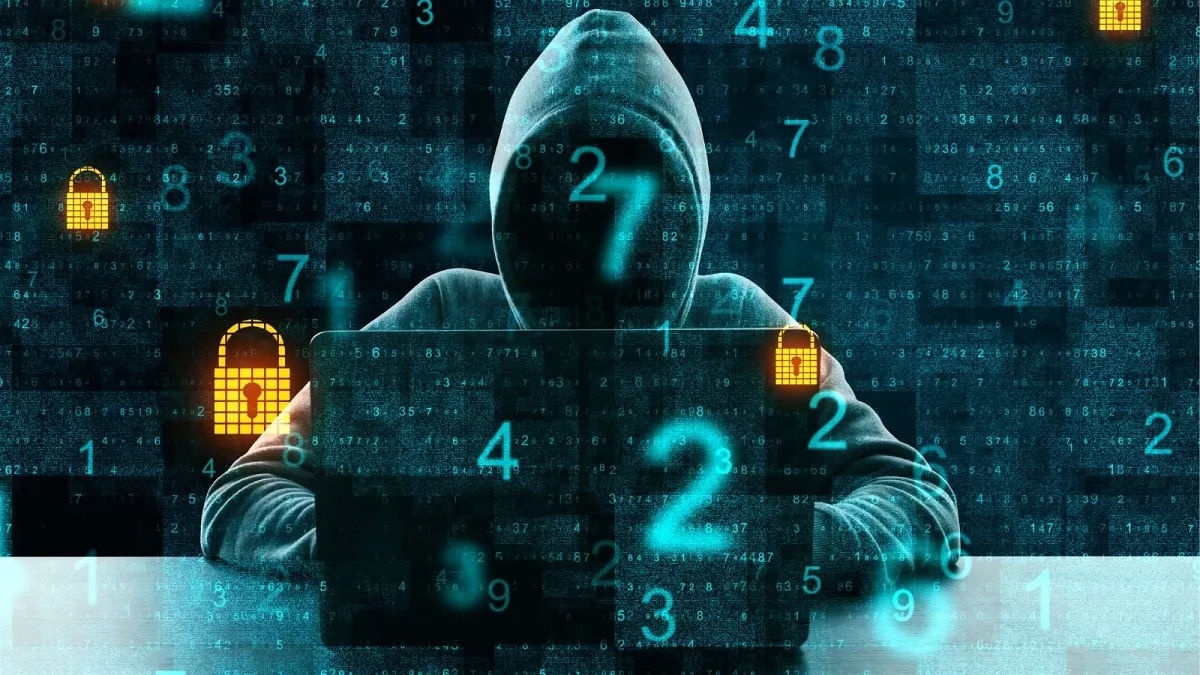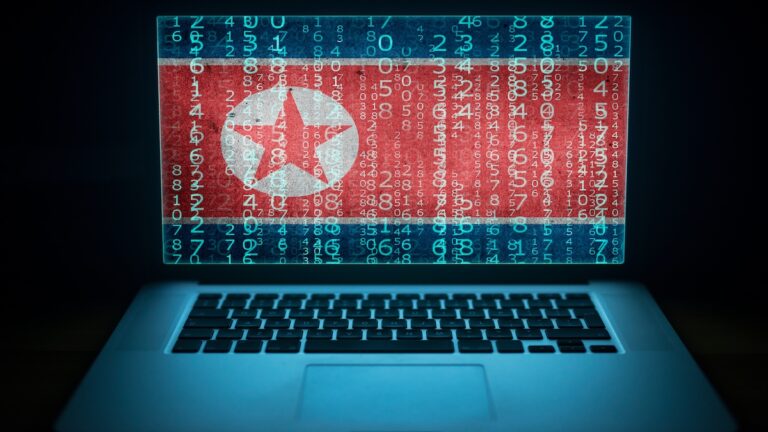The Big Picture: Imagine you’re a crypto investor. You’ve worked hard to build up your digital wallet, thinking it’s safe. Now, picture some sneaky software lurking in the background, silently siphoning off your funds. This is exactly what happened with a new form of malware discovered on the Python Package Index (PyPI). Checkmarx, a cybersecurity firm, raised the alarm on this dangerous malware, which has targeted people using popular crypto wallets like MetaMask, Atomic Wallet, TronLink, and Ronin.
What’s PyPI? PyPI is like a massive app store but specifically for Python developers. Developers from around the world share and download code here to create new software. But, as this incident shows, not every piece of code on PyPI is safe. Malicious actors uploaded fake software packages that looked like legitimate tools for decoding crypto wallets. Inside these packages, however, they hid malware designed to steal private keys and mnemonic phrases—the critical elements needed to access a crypto wallet.
Key Steps: How the Attack Worked
- Upload Fake Packages: Hackers disguised malware as part of seemingly safe packages on PyPI. These packages claimed to help users manage or decode crypto wallets.
- Harmless-Looking Code: The malware was embedded in parts of the software that appeared to be harmless, allowing it to go undetected at first. Users downloaded these packages, believing they were legitimate.
- Stealing Wallet Info: When users ran these programs, the malware got activated. It was programmed to search for wallet data like private keys and mnemonic phrases, secretly transmitting them back to the attackers.
- Transfers Without Detection: With control over these keys, hackers could access and transfer crypto funds to their own wallets, often without the user knowing until it was too late.
Key Words to Remember:
- Malware: Malicious software that harms, steals, or corrupts data.
- PyPI (Python Package Index): A platform for Python code sharing.
- Private Key: A secret key that allows you to access your crypto wallet.
- Mnemonic Phrase: A sequence of words that acts as a backup to recover your wallet.
- Checkmarx: The cybersecurity firm that discovered this malware.
Why is This Important?
This discovery is a wake-up call for anyone interested in technology, finance, or cryptocurrency. It highlights just how vulnerable digital assets can be, even on platforms trusted by developers worldwide. PyPI is one of the most popular platforms for developers, and seeing it compromised shows that cybercriminals are getting more creative and sophisticated in their attacks.
Takeaways:
- Cybersecurity is a Must: If you’re involved in crypto or tech, understanding cybersecurity is essential. This includes knowing how malware works, where it hides, and how to protect yourself.
- Caution in Development: Developers must be vigilant about where they download packages from and must verify the authenticity of code from platforms like PyPI.
- Crypto’s Digital Threats: Crypto isn’t just about financial opportunities; it also brings unique digital security risks. This means learning about threats like phishing (fake messages that trick users into sharing information) and optical character recognition (used to steal data from images).
The Emotional Impact:
Think of it like this: the allure of crypto is freedom and innovation, but with great freedom comes great responsibility. Crypto-stealing malware is a modern-day digital plague, silently creeping into our devices, exploiting our trust, and aiming for our wallets. The emotional takeaway here is a mix of excitement and caution. Excitement, because you’re part of a world that’s constantly evolving with new technologies. But also caution, because knowing how to defend against these digital threats is critical.
Building Knowledge in This Field:
Cyber threats to cryptocurrency are not going away anytime soon. This is just the beginning, and as crypto becomes more mainstream, so will these kinds of attacks. To thrive in this space, learning about cybersecurity, malware detection, and safe coding practices will set you apart and keep you protected. Every step you take to understand these risks is a step toward a safer and more secure future in the digital economy.
By staying informed and vigilant, you’re not only protecting yourself but also becoming part of a generation that understands and can shape the future of digital finance safely.



